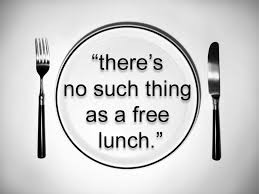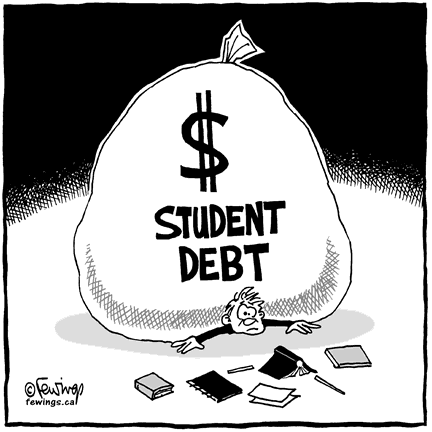“There’s No Such Thing as a Free Lunch”- That’s Not True
There’s No Such Thing as a Free Lunch- Wrong In Baton Rouge it was announced that 42,000 students in the East Baton Rouge Parish will be provided with free lunch for the school year. The district will take advantage of a new federal initiative that will allow schools in high poverty areas…




